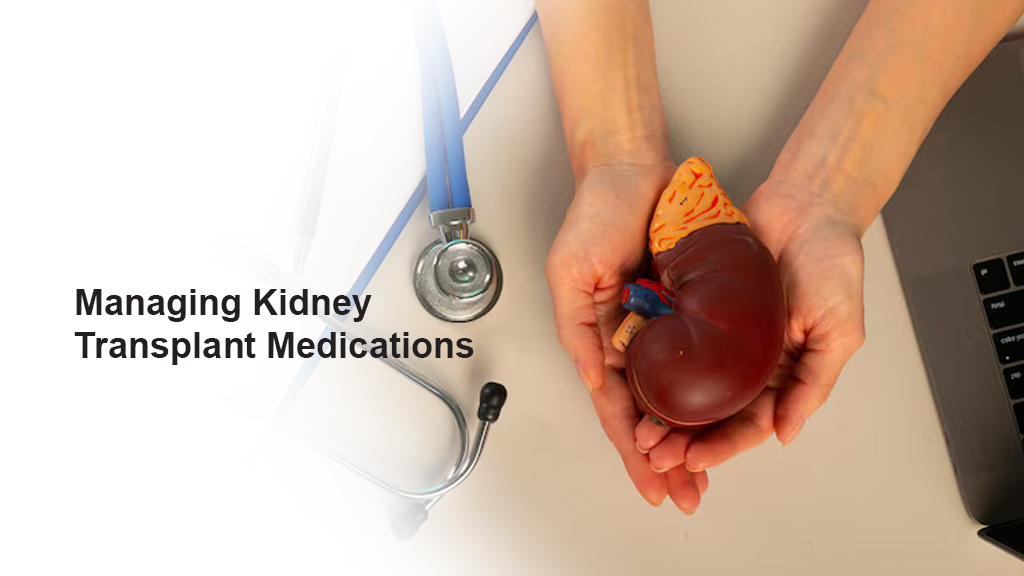In recent years, kidney transplant surgeries have become increasingly common, offering a new lease on life for those with end-stage kidney disease. For individuals undergoing this life-changing procedure at Trustwell Hospitals, located in the bustling city of Bangalore, managing post-transplant medications is crucial for long-term success and optimal health.
Understanding the Importance of Post-Transplant Medications
After a kidney transplant, patients are prescribed a combination of medications known as immunosuppressants. These medications play a vital role in preventing the body from rejecting the transplanted kidney by suppressing the immune system’s response. However, managing these medications can be complex and challenging, requiring diligence and commitment from both patients and caregivers.
Tips for Managing Kidney Transplant Medications
- Follow the Prescribed Schedule: Adhering to the prescribed medication schedule is essential for preventing rejection and ensuring the success of the transplant. Set reminders or alarms to take medications on time, and never skip doses without consulting your healthcare provider.
- Understand Each Medication: Educate yourself about the purpose and side effects of each medication prescribed. Doctors at Trustwell Hospitals in Bangalore provides comprehensive guidance and support to patients, ensuring they have a thorough understanding of their medication regimen.
- Communicate with Your Healthcare Team: Open communication with your healthcare team is crucial. If you experience any side effects or have concerns about your medications, don’t hesitate to reach out to your transplant nephrologist at Trustwell Hospitals for guidance and support.
- Keep Track of Refills: Ensure you have an ample supply of medications at all times. Keep track of when refills are needed, and make arrangements well in advance to avoid running out of essential medications.
- Maintain a Healthy Lifestyle: A healthy lifestyle is essential for supporting kidney health post-transplant. Eat a balanced diet, engage in regular exercise as recommended by your healthcare team, and avoid smoking and alcohol consumption.
- Monitor Your Kidney Function: Regular monitoring of kidney function through blood and urine tests is necessary to detect any signs of rejection or complications early on. Attend follow-up appointments at Trustwell Hospitals as scheduled to ensure optimal kidney health.
- Stay Hydrated: Adequate hydration is essential for kidney health. Drink plenty of water unless otherwise advised by your healthcare provider.
- Be Mindful of Drug Interactions: Some medications, including over-the-counter drugs and supplements, can interact with immunosuppressants. Always consult your healthcare provider before taking any new medications or supplements.
- Attend Support Groups: Joining a support group for kidney transplant recipients can provide valuable emotional support and practical tips for managing life post-transplant. Trustwell Hospitals in Bangalore may offer support groups or resources for patients and their families.
- Take Care of Your Mental Health: Coping with the emotional and psychological aspects of a kidney transplant can be challenging. Seek support from mental health professionals or counselors if needed, and prioritize self-care activities that promote mental wellbeing.
Conclusion
Managing kidney transplant medications is a critical aspect of post-transplant care and requires commitment, diligence, and support from healthcare providers, caregivers, and patients themselves. By following these tips and working closely with Trustwell Hospitals in Bangalore, the best kidney transplant center, recipients can optimize their medication regimen and pave the way for a successful and fulfilling life post-transplant. Remember, with proper medication management and ongoing care, the gift of a new kidney can provide a second chance at life.
